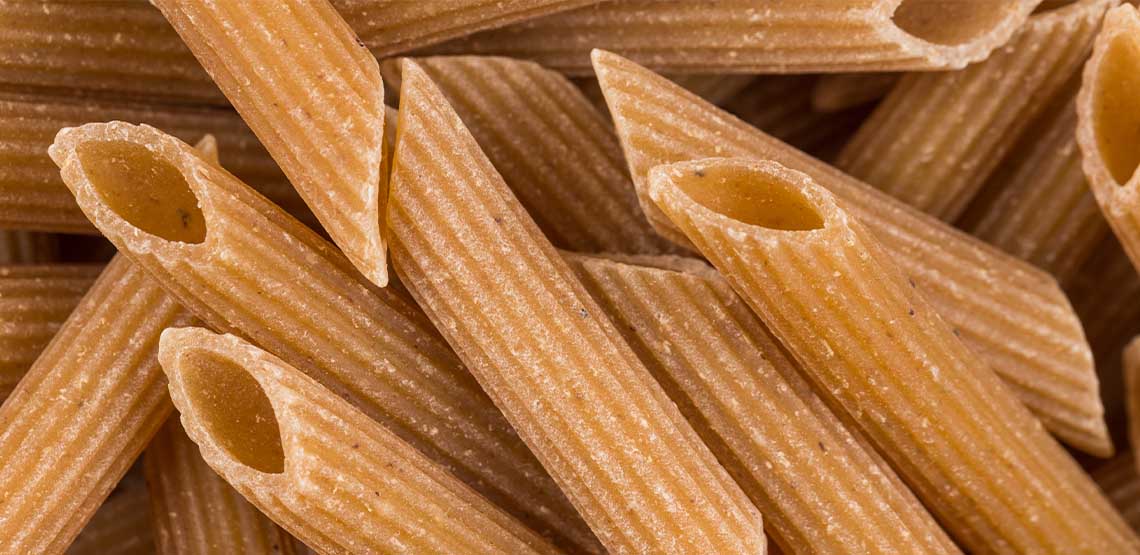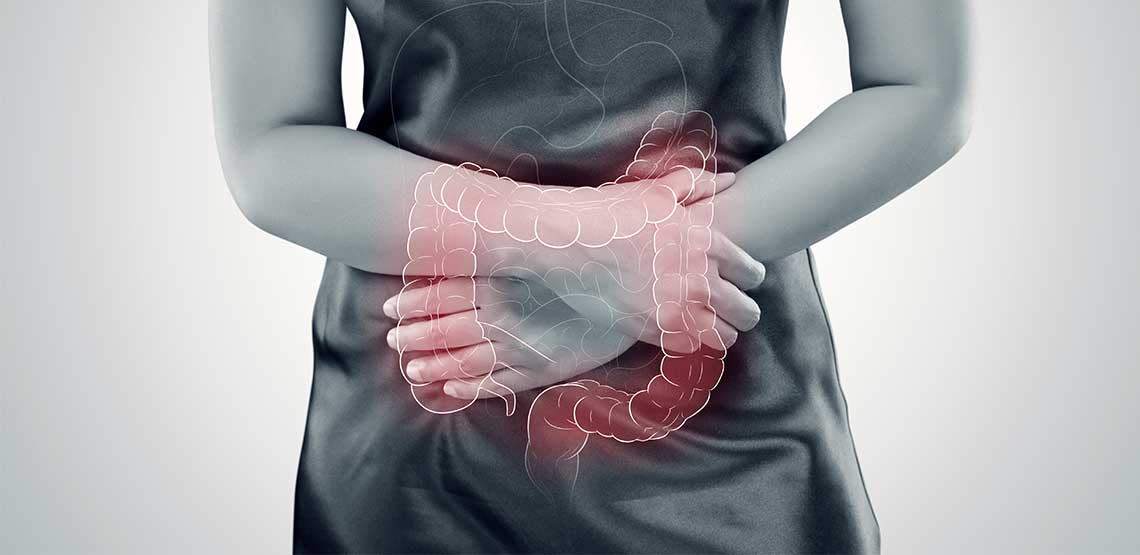Short Bowel Syndrome Diet
Short bowel syndrome involves poor absorption of nutrients due to a lack of the small intestine or the small intestine not working as it should. The small intestine is part of the digestive tract. Most of the nutrients from the food you eat are absorbed in the small intestine. If this part of your intestine is damaged or removed, you can develop short bowel syndrome.
In this article, we are going to take a look at the symptoms of this condition, and we are also going to talk about a short bowel syndrome diet, as there are foods you should stay away from and ones that are gut-friendly.
What Causes It?
Usually, the condition develops if an individual sustains significant damage to their small intestine or if a large section was removed due to a medical condition, such as cancer or Crohn’s disease.
In addition, some children may be born with part of their bowel missing or abnormally short, small intestines. This condition is rare. According to the National Institute of Diabetes and Digestive and Kidney Diseases, the condition affects about three out of every million people in the U.S.
Symptoms of Short Bowel Syndrome
The symptoms of short bowel syndrome may vary in severity depending on how much of the small intestine is working. The condition may only cause mild symptoms in some people. In other cases, symptoms may be severe.
Symptoms of small bowel syndrome may include the following:
- Diarrhea
- Weight loss
- Fatigue
- Malnutrition
- Cramping
- Bloating
- Gas
- Heartburn
Individuals who have short bowel syndrome are also at high risk for developing food sensitivities and allergies, such as lactose intolerance.
Nutritional Support
Short bowel syndrome is sometimes treated with medication. Also, nutritional support is one of the main treatments for the condition. Some people require tube feeding to make sure they get enough nutrients. Tube feeding may involve delivering liquid nutrition through a small tube inserted into the nose going to the small intestine or stomach.
An additional option involves delivering nutrients directly into the bloodstream from a special intravenous line inserted into a vein. Not all people with short bowel syndrome require external feeding. But it may be an option for some people.
The Best Diet for People With Short Bowel Syndrome
According to the National Organization for Rare Disorders, there is not one specific diet for people with short bowel syndrome. Individual dietary recommendations may vary depending on several factors, such as how much working small intestine is left, a person’s age, and other medical conditions present. For example, a diet high in carbohydrates and low in fat is usually recommended for people who have some small intestine left.
In general, some foods to eat may include:
Soluble Fiber
Soluble fiber is usually easier to break down than insoluble fiber. It also helps slow digestion, which may help with nutritional absorption. Good sources of soluble fiber include:
- Oatmeal
- Fruit
- Kidney beans
- Nut butter
Related Search Topics (Ads)
Complex Carbohydrates
Complex carbs are better than simple carbohydrates for people with short bowel syndrome. Complex carbohydrates are easier to digest and absorb nutrients. Plus, they tend to contain more minerals and vitamins than simple carbs. Examples of complex carbohydrate foods include the following:
- Whole grain pasta, rice, and bread
- Fruit
- Legumes, such as chickpeas, lentils, and peas
- Corn
Supplements
Your doctor may also recommend you take a mineral and vitamin supplement to help make sure you do not develop any nutritional deficiencies.
Fluids
It is also essential to maintain the right fluid balance. Your doctor may suggest oral rehydration solutions to make sure you have the proper balance of salt, sugar, and water.
What Foods to Avoid?
Just as there are certain foods that are typically good for people with short bowel syndrome to eat, there may also be some foods to avoid. Although everyone is different, it is usually best to avoid the foods below.
Foods High in Sugar
Foods that are high in sugar may lead to diarrhea in people with short bowel syndrome. Consider avoiding:
- Soda
- Ice cream
- Cakes
- Candy
- Pastries
Foods Containing Oxalate
If you have an intact large intestine but have a large portion of the small intestine removed, you may be at risk for kidney stones. Foods that contain oxalate may increase that risk. Considering avoiding high oxalate foods, such as:
- Berries
- Sweet potatoes
- Tea
Additional Dietary Recommendations
Besides eating and avoiding certain foods, there are additional dietary considerations that may play a role in treating short bowel syndrome. Consider the following suggestions:
- Eat small frequent meals instead of three large meals. Small meals place less stress on your small bowel. It may help reduce symptoms and allow your body to absorb more nutrients than a large meal. Try eating five or six small meals instead of larger meals.
- Do not skip meals. Skipping meals puts you at an increased risk of developing nutritional deficiencies. Try to eat a nutritious snack high in vitamins and minerals if you cannot eat a meal.
- Drink fluids about one hour before or after a meal. Drinking too much fluid with your meals may push the food through the intestines faster. When the food moves through quicker, you may not absorb enough nutrients. Staying well-hydrated is important. But try to drink most of your liquids about an hour before or after you eat.


